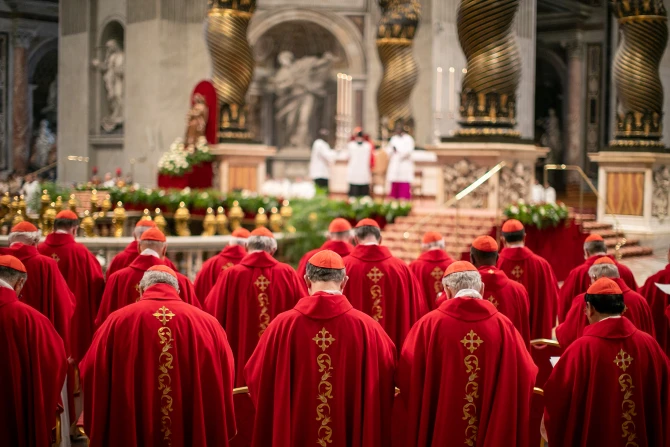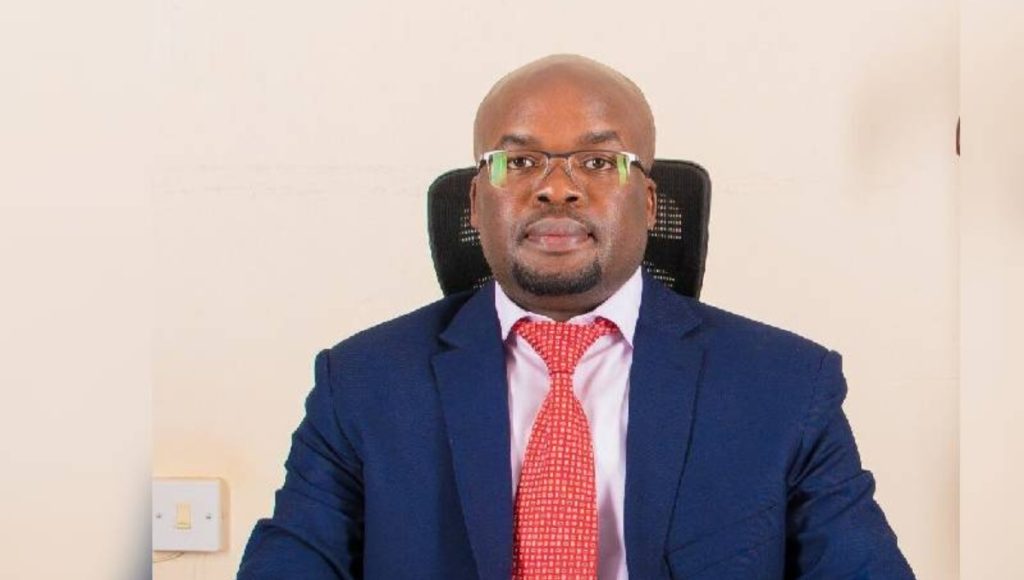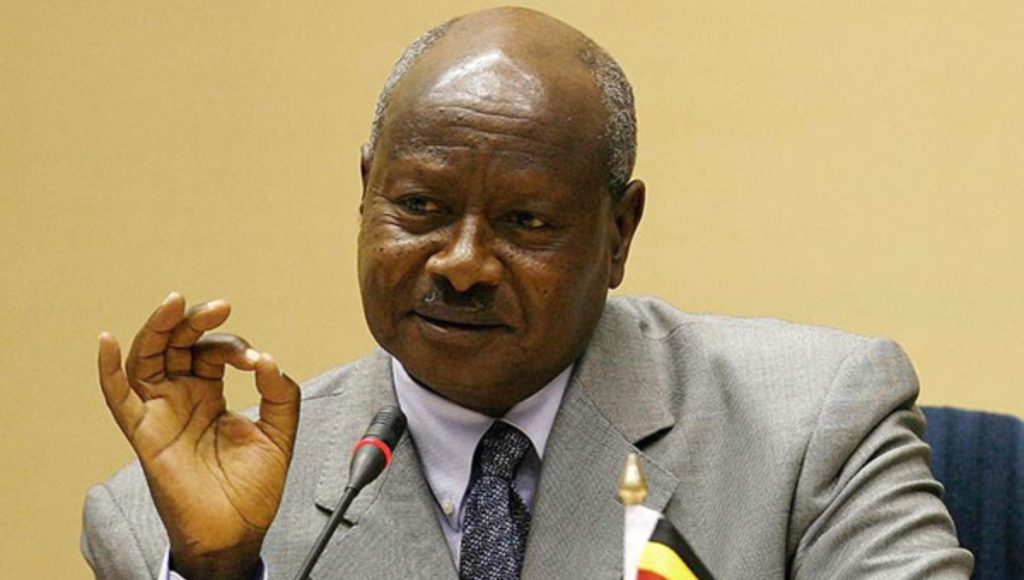As the world watches the ongoing papal conclave, global betting platforms have seized the moment, allowing millions of dollars in bets to be placed on who will become the next pope. What was once a solemn and sacred tradition has now found its way into the growing world of online gambling, drawing global attention.
While sports betting remains the most popular form of gambling, platforms like Polymarket and Kalshi which allow users to place bets on real-world events using cryptocurrency and digital contracts have turned their focus to the Catholic Church’s most important decision.
The conclave to elect a new pope is ongoing for the second day, Thursday. The Catholic News Agency reports, that despite the secrecy of the process, more than $18 million (KSh 2.4 billion) has already been wagered on Polymarket alone. Kalshi has recorded another $6.7 million (KSh 900 million) in bets.
According to odds listed by Polymarket, the front-runner is Cardinal Pietro Parolin, the Vatican Secretary of State, with a 27% chance. Filipino Cardinal Luis Antonio Tagle follows closely with 22%. Other top contenders include Cardinal Matteo Zuppi (11%), Pierbattista Pizzaballa (10%), and Peter Erdo (7%).
Interestingly, despite having just a 1% chance, Dutch Cardinal Willem “Wim” Eijk has attracted over $1.3 million in bets matching the amount placed on frontrunner Tagle.
Bettors can either “buy” a cardinal; betting they will become pope or “sell” betting that they will not. Winnings depend on the odds, which fluctuate as more money is placed.
While some view it as harmless fun, others see betting on a sacred religious process as controversial. The Catholic Church itself has not endorsed any form of gambling on the conclave, which remains a confidential and spiritual event meant to be guided by divine inspiration not public speculation.
Experts say the conclave’s secrecy makes the outcome highly unpredictable. With no public campaigns, limited media access, and spiritual discernment guiding the vote, the real chances of any candidate remain largely unknown even to insiders.
According to Catholic teachings gambling is not inherently “contrary to justice.” Yet, it becomes “morally unacceptable when gambling deprives someone of what is necessary to provide for his needs and those of others [or] the passion for gambling risks or becomes an enslavement.”









